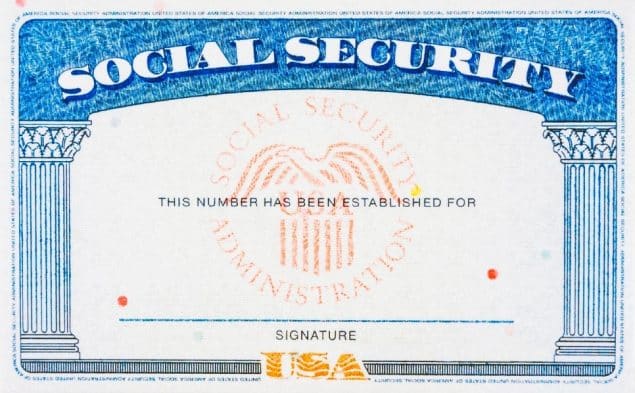Home » US business news » Fraudsters Were Challenged To Steal CEO’s Identity – They Did It 13 Times
Fraudsters Were Challenged To Steal CEO’s Identity – They Did It 13 Times
https://www.whatjobs.com/news/usa/us-business-news/lifelock-the-company-who-dared-fraudsters-to-steal-ceos-identity-and-they-did

By Hugh Fort in US business news, posted April 25, 2024

In business, it's definitely a good thing to have complete and total confidence in your product - and Lifelock certainly had that.
After all, if you don't believe in it, then why would your customer?
However, in one case, this belief spectacularly backfired and caused the company a raft of problems and a heap of cash.
The year was 2006, and the company was Lifelock, an American data protection company, decided on a bold billboard campaign.
It was decided that the billboards would feature a giant picture of the CEO Todd Davis, along with his social security number.
The idea was that the company was so confident in its product that there was no way anyone could steal Mr Davis' identity, even if he splashed his personal information all over a giant billboard.
The billboard caption contained the phrase: "No, I'm not crazy. I'm just sure our system works."
While the conviction of Mr Davis was commendable, it seems he underestimated the skills of the fraudsters of 2006.
In four years, he was the victim of identity fraud 13 times!
That's right, 13 times.
Need Career Advice? Get employment skills advice at all levels of your career
$12 million fine
It got worse too, as because the advert turned out to be untrue, Lifelock was hauled before the courts and forced to pay a whopping $12 million fine.
The FTC wasn't overly sympathetic, with chairman Jon Leibowitz saying: "While LifeLock promised consumers complete protection against all types of identity theft, in truth, the protection it actually provided left enough holes that you could drive a truck through it.
LifeLock and its principals were also banned from making deceptive claims and required to take more stringent measures to safeguard the personal information they collect from customers.
Clearly lessons weren't learned, as in 2015 the company was fined $100 million for violating the terms of the first order over its customers' personal information and deceptive advertising.
FTC Chairwoman Edith Ramirez was as scathing as her predecessor, saying: "The fact that consumers paid Lifelock for help in protecting their sensitive personal information makes the charges in this case particularly troubling."
The company is still running in 2022 after being bought out by Symantec for $2.3 billion and has hopefully learned its lesson after the controversies.
Follow us on YouTube, Twitter, LinkedIn, and Facebook.














